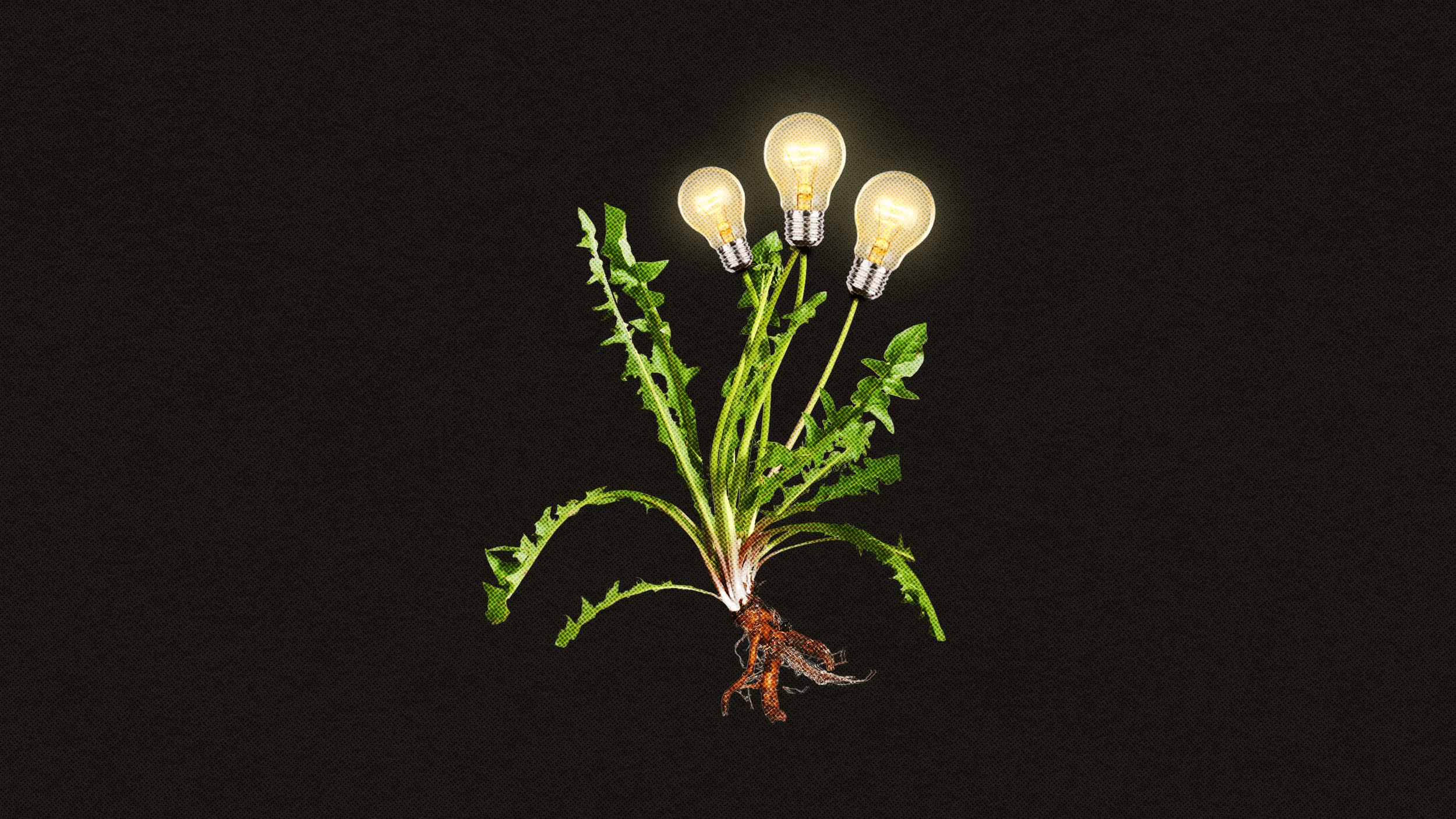On Water
It isn’t a secret that one of Yemen’s most pressing, apocolyptic problems is not any of the rebellions, nor even the economy (though it is related to it), but rather a natural, literally elemental crisis. (That’s an awkward sentence, but I don’t much feel like fixing it) Yemen is running out of water. Nations have had wars and rebellions, economies have collapsed, and places have survived these. Not always, of course, but it isn’t beyond the pale. No state, no matter how strong, can survive without water. All of Yemen’s problems and potential solutions are meaningless without a resolution to this problem. This is something to consider.
And, so, NPR ran a segment on the issue on All Things Considered (audio is not available as of posting). Overall, I think it was a very good story, pointing to well-intentioned policy failures (such as underground drilling rather than rainwater capture), as well as, inevitbly, qat. But while many stories just focus on how they “use water for drugs!”, this goes out of its way to point out that in a desperately poor country, qat is an immediate source of cash.
Small farmer Abdullah al-Jidri, sporting a softball-sized wad of khat leaves in his left cheek, says many farmers would be happy to grow fruits, vegetables and grains, but they can’t live without the cash brought in by khat.
“With food crops we have to wait for a year or longer to get a harvest, and if there’s a problem you won’t get a crop. But with khat, you just put some water on it and you have leaves in a month’s time that you can sell immediately. It’s a cash crop,” he says.
When asked if he’s heard that the government wants farmers to stop growing khat to save water, Jidri and his brother laugh.
“Don’t believe the officials. They ask us to grow more khat for them to chew,” he says.
Softball-sized is presumably 12-inch, not Chicago-style 16. That would be a titanic feat.
It also points out the difficulty of focusing attention on the problem. One thing Greg and I try to talk a lot about is how the immediaecy of the rebellions and the economy makes it difficult to concentrate on slow-developing, long-brewing disasters, especially demography and the environment. Well, we still have water, and right now there are people blowing things up: which should we focus on. There are steps being taken, but this is reaching event horizon. The can gets kicked down the road.
Fixing this issue, and not merely staving it off, will require a huge amount of work and international cooperation, as well as some national unity- there will need to be massive irrigation channels in order to disperse water. But, of course, there isn’t national unity, and there will not be any if the problem gets worse. I wish there could be some optimism here, on a Friday evening, but sadly there is not. It isn’t past the point of no return yet, but, as with so much else in Yemen, it is hurtling headlong toward it.




